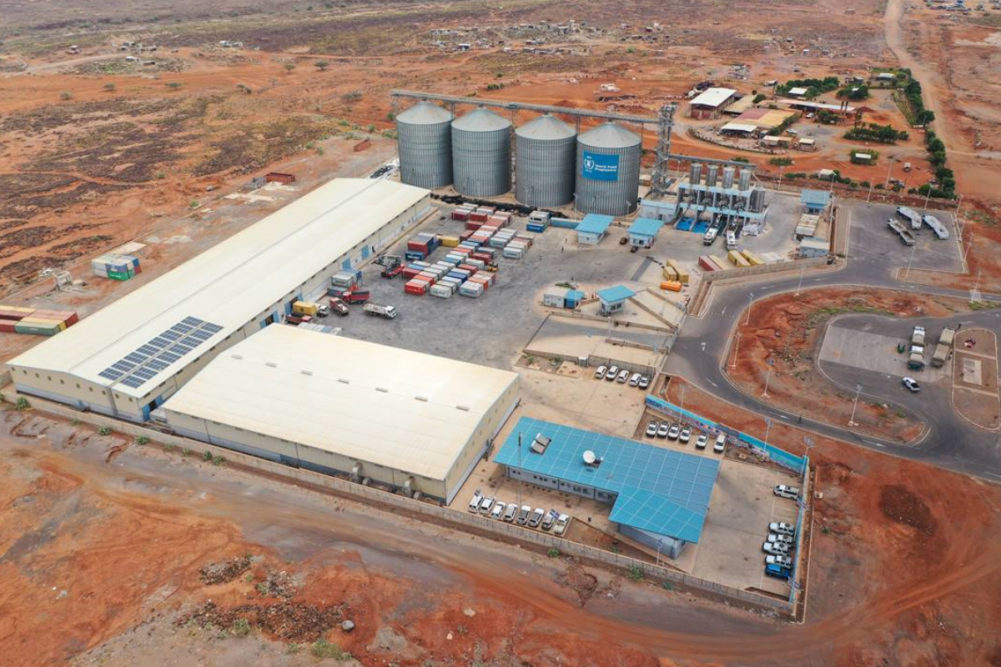DJIBOUTI — Japanese officials visited in May the World Food Programme’s Humanitarian Logistics Base (HLB) in Djibouti, built by Mulmix, following a donation of $800,000 to the region.
Mulmix designed and installed the WFP’s first cereal storage and plant in the Horn of Africa. The silos, with a storage capacity of 40,000 tonnes, are suitable for four different types of products. The products, once unloaded, are sent to the four bagging lines for packing and then sent quickly to the territories in difficulty.
The Japanese government’s donation to Djibouti will be used to meet needs in context of the coronavirus (COVID-19) pandemic. It aims to provide food aid to populations affected by COVID-19 and the plague of locusts and to support agro-pastoral activities to make them more resistant to the impacts of natural phenomena.
Following the donation, the Djibouti facility was visited by the Ambassador of Japan Koji Yonetani, the Secretary General of the Ministry of Agricultural, Water, Livestock and Fishery Resources Ibrahim Elmi Mohamed and the representative of the World Food Programme in Djibouti, Mutinta Chimuka.
Mulmix has now fixed its own technician in the HLB WFP for months with several important tasks, including: supervising the operations related to the storage site, helping to improve the organization and quality of work to increase profitability, guarantee a permanent connection between the different parties involved in the loading and unloading operations of the silos, providing continuous technical training to the people present in the hub and providing technical-logistic assistance for the team working on the maintenance of the system.
Follow our breaking news coverage of the coronavirus/COVID-19 situation.






